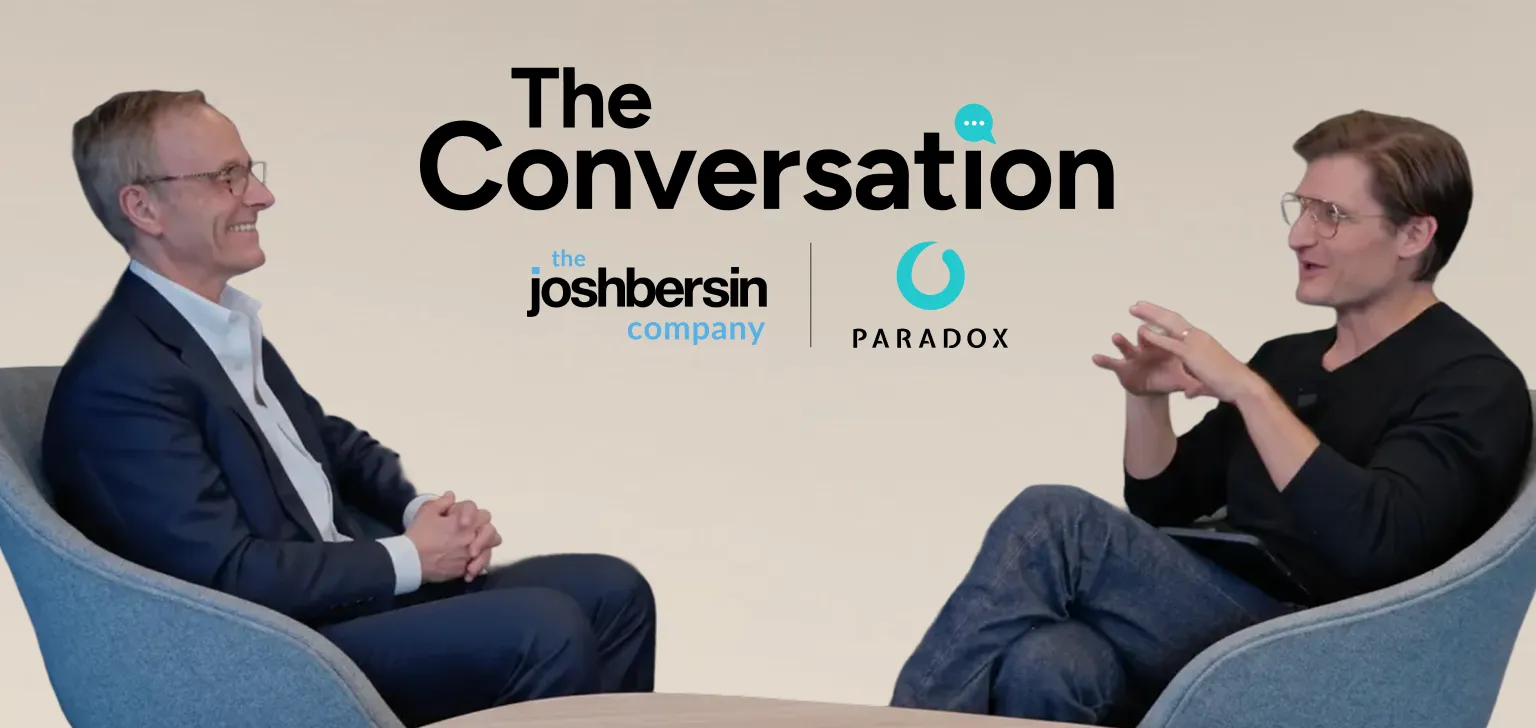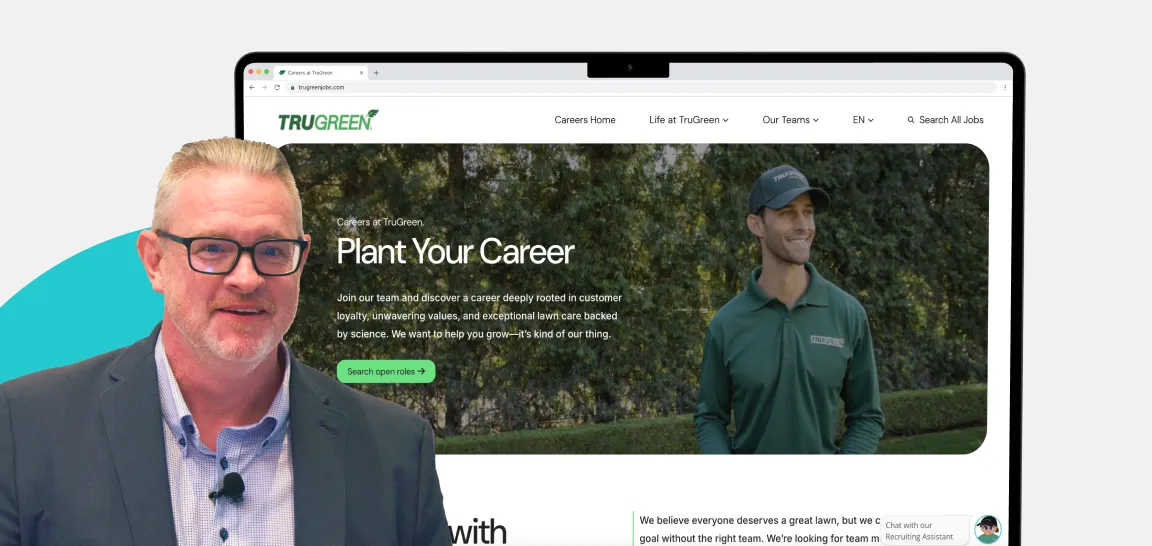Johnny Taylor, the CEO of SHRM, recently said, “AI will replace those who don’t embrace it.”
I agree. And so does history.
This follows the pattern of every technological advancement that we’ve seen in recruiting dating back decades: the fax machine, the advent of the applicant tracking system, the internet, job boards, mobile devices, LinkedIn, Indeed, I could go on and on. Those tech advancements replaced certain tasks, and then augmented the workers who use it. And those who didn’t embrace the changes were left behind.
Recruiters today are exponentially better than recruiters a few years ago in terms of the number of positions they can fill, the quality of applicants they can find, and the speed at which we can find talent. When I started recruiting decades ago, you couldn’t even comprehend the concept of pipelining talent the way we do today. It was always a dream to have the ability to reach out to hundreds of candidates at a time, and nurture that talent to complete our application process.
And now it’s real.
It’s pretty clear at this point that AI isn’t replacing recruiters — but it is replacing some of the work that they do; the tactical work that can free them up to be super recruiters. The hope is that, in short order, we’ll begin seeing 5x and 10x recruiters. AI will allow recruiters to become more strategic in how they work and more successful in attracting and landing noticeably better talent for our organizations.
This all sounds great, right? So what’s the problem? Well, the challenge will be for recruiters to remain highly valuable as tasks are taken off their plate. If AI is automating the tactical, then recruiters will need to do the human stuff better than ever.
What does a high-performing future recruiter look like in the era of AI?
This is what really excites me as a recruiting leader. We are in one of those rare moments in history where we will be able to build a new future of recruitment. Since I started recruiting, we’ve talked about being more strategic, but rarely do we ever get the chance since we get overwhelmed with the daily fires in recruiting. There’s always another position to fill, and it’s hard to jump off the treadmill and do high-level work. But what if my recruiting copilot could just take my spot on the treadmill?!
What we know and think of as “recruiting” has merely become posting jobs, sorting applicants, screening applicants, assessing applicants, setting up interviews, making offers, etc. Nowhere in that long list is anything about actually recruiting — you know, truly building a network of great talent and building trust with them so they want to come work for you. That’s become something of a pipe dream.
AI helps us make it a reality.
For the first time in recruiting history, we can begin to see a future where we can spend time actually finding the “best” talent in our industries and markets. We actually don’t often hire the best talent right now. We might get lucky once in a while, but it’s more luck to hire the best talent than purpose and planning. The reality is we hire the best of those who apply to our jobs, because we don’t have the capacity to truly go out and find the best talent.
In the future, recruiters will be judged by actually finding and attracting talent that is the best in their respective skills within the markets we are hiring. This is an exceptionally high-level recruiting skill. Our ability to have a direct impact on the quality and productivity of hire will be the measure of success. AI is the conduit that allows this massive change to happen in talent acquisition.
So, will AI replace recruiters?
No. AI will replace the mundane work that great recruiters detest. AI will open the door to a more strategic, talent-building function where organizations will have a competitive advantage because of their ability to constantly level-up their talent across the organization.











